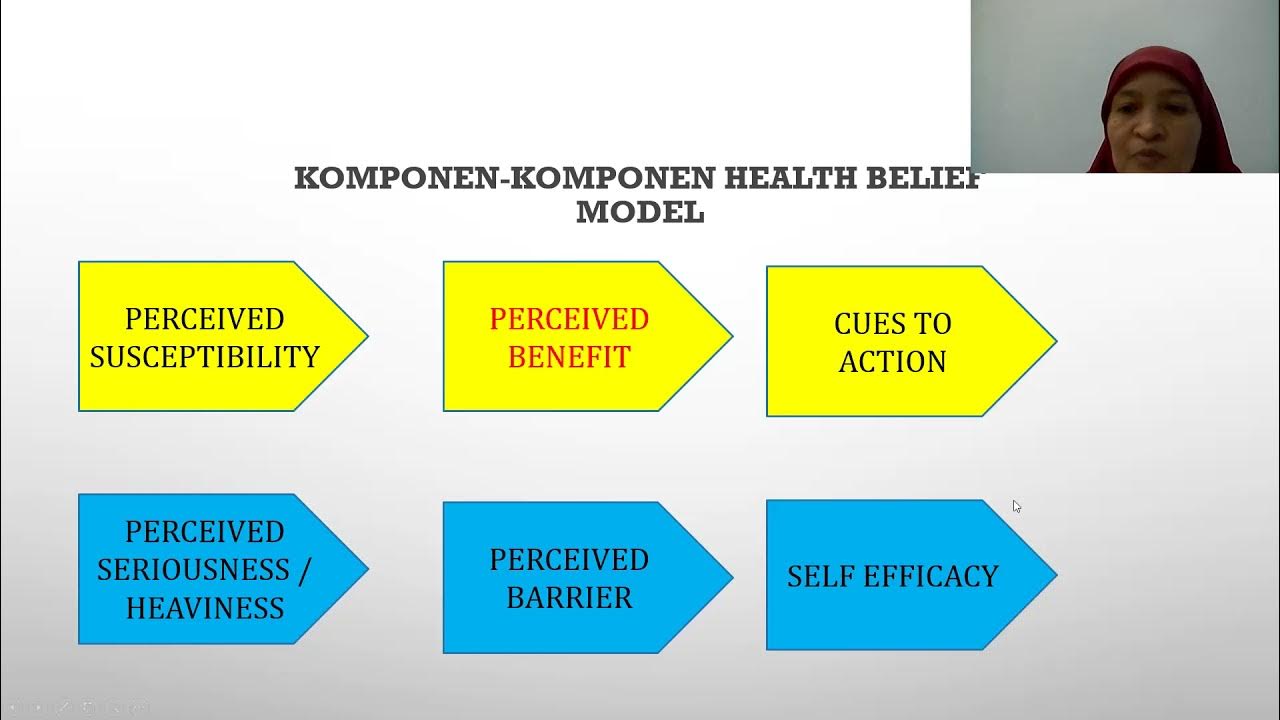Keperawatan Dasar 1 (P.1) | Dosen Ns. Imelda Rahmayunia Kartika, M.Kep
Summary
TLDRIn this lecture, Mrs. Imelda introduces students to the fundamentals of nursing, highlighting the challenges in healthcare such as workforce shortages and the need for affordable, quality services. She explains nursing philosophy, key paradigms including humans, environment, health, and nursing, and emphasizes the role of nurses as frontline caregivers. The session explores nursing theories, particularly Abraham Maslow’s hierarchy of basic human needs, covering physiological, safety, love, self-esteem, and self-actualization needs, and their impact on physical and psychological health. Students are encouraged to review materials, summarize concepts, research Virginia Henderson’s perspectives, and engage with online resources for deeper understanding.
Takeaways
- 😀 Nurses are frontline healthcare workers essential for patient care and society demands quality, affordable services.
- 😀 The field of health faces challenges, including a shortage of health workers and gaps in technology between developed and developing countries.
- 😀 Nursing practice is guided by values and philosophy to ensure comprehensive, holistic care for individuals, families, groups, and communities.
- 😀 Humans are viewed as complete beings with physical, psychological, socio-cultural, and spiritual needs, capable of interacting with their environment.
- 😀 Health is defined as a balance of physical, mental, and social well-being; illness occurs when normal body functions are disrupted.
- 😀 Nursing care combines evidence-based research, theory, and practical skills to improve patient outcomes and healthcare quality.
- 😀 Abraham Maslow’s hierarchy of needs outlines five levels: physiological, safety, love/belonging, self-esteem, and self-actualization.
- 😀 Nurses must understand and address basic human needs to promote both physical and psychological health.
- 😀 Virginia Henderson’s model of basic human needs complements Maslow’s hierarchy, guiding holistic nursing care.
- 😀 Continuous learning, research, and understanding of nursing theories ensure that nursing practices evolve and maintain high standards.
- 😀 Communication, empathy, and professional nursing skills are essential competencies for nurses to provide effective care.
- 😀 Students are encouraged to review lectures, summarize key concepts on human needs, and engage in discussions to deepen understanding.
Q & A
What are the main challenges in the healthcare world according to the lecture?
-The main challenges include the public's demand for high-quality yet affordable healthcare, the shortage of healthcare workers, and the gap in science and technology between developed and developing countries.
Why are nurses considered the frontline in healthcare?
-Nurses are the frontline because they provide direct care to patients throughout their lives, addressing both physical and psychosocial needs, and are essential in maintaining health and managing illness.
What is the significance of philosophy and values (Safah) in nursing practice?
-Philosophy and nursing values serve as a guide for nurses in performing care, making ethical decisions, and ensuring professional and patient-centered nursing practices.
Which paradigms are essential in nursing according to the lecture?
-The essential paradigms include humans, the environment or society, health and illness, and nursing, all of which are interconnected and guide nursing care.
How is a human viewed in the nursing paradigm?
-Humans are seen as complete beings with physical, mental, social, and spiritual dimensions who interact with their environment and adapt to meet their basic needs.
What is the role of nursing theory in professional practice?
-Nursing theory provides guidance for clinical care, research, and curriculum development. It helps nurses understand patient needs, apply interventions, and ensure care is evidence-based.
What are the five levels of Maslow’s hierarchy of needs mentioned in the lecture?
-The five levels are: 1) Physiological needs, 2) Safety and security, 3) Love and belonging, 4) Esteem, and 5) Self-actualization. These needs must be met for overall health and well-being.
Why is it important for nurses to understand human basic needs?
-Understanding basic human needs allows nurses to provide holistic care, promote health, prevent illness, and support patients’ physical, emotional, and psychological well-being.
How does research influence nursing practice as mentioned in the lecture?
-Research helps update nursing knowledge, improve care methods, develop models for patient needs, and incorporate modern evidence-based practices, such as advanced wound care techniques.
Who are some nursing theorists referenced in the lecture, and why are they important?
-Theorists such as Rogers, Watson, Inger, and Virginia Henderson are important because they developed foundational nursing theories that guide care, education, and research in professional nursing.
What is the connection between Maslow’s theory and patient psychological health?
-If a patient’s basic needs are not met—such as physiological needs, safety, love, esteem, and self-actualization—they may experience physical or psychological stress, potentially leading to mental health issues.
What assignments were given to students based on this lecture?
-Students are asked to review the lecture video, read references about basic human needs by Maslow and Virginia Henderson, summarize the concepts, and participate in group discussions through WhatsApp or other platforms.
Outlines

This section is available to paid users only. Please upgrade to access this part.
Upgrade NowMindmap

This section is available to paid users only. Please upgrade to access this part.
Upgrade NowKeywords

This section is available to paid users only. Please upgrade to access this part.
Upgrade NowHighlights

This section is available to paid users only. Please upgrade to access this part.
Upgrade NowTranscripts

This section is available to paid users only. Please upgrade to access this part.
Upgrade Now5.0 / 5 (0 votes)






